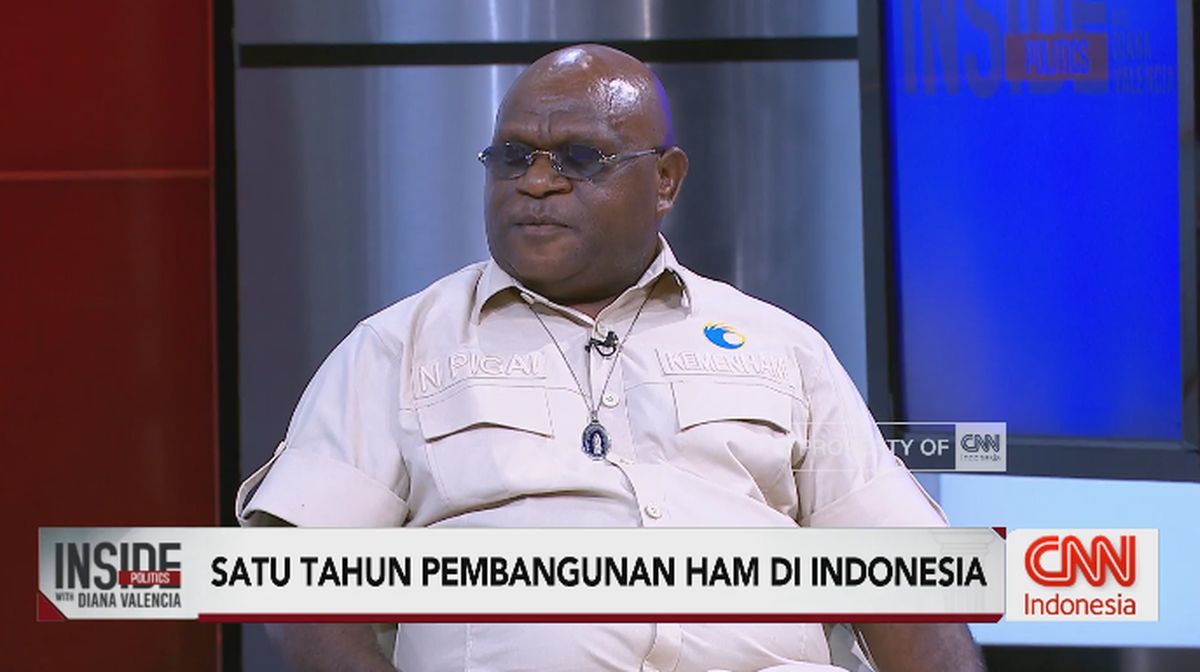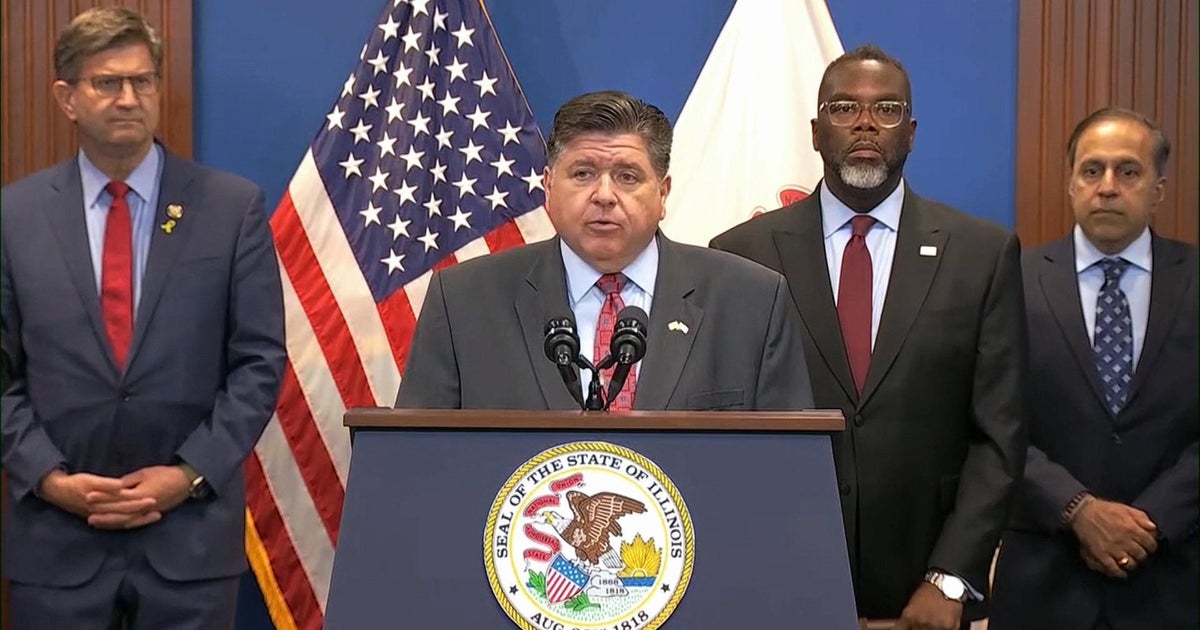Prison officers will undertake industrial action in protest after the threshold of proof for misconduct inside jails was raised, with the union warning inmates’ transgressions are being “disregarded” at parole hearings.
Corrections officers have resolved to refer all disciplinary hearing matters to their local police, potentially creating an administrative nightmare, after processes were changed following an Ombudsman NSW finding that the previous system could have resulted in “unlawful decisions”.

The Public Services Union has criticised the higher burden of proof required for allegations of inmates’ misconduct. Credit: The Sydney Morning Herald
The Crimes (Administration of Sentences) Act 1999 requires that inmate misconduct be proven beyond reasonable doubt. But, for nearly 20 years, disciplinary proceedings for matters adjudicated by corrections officers, such as fighting, possession of contraband or damaging property, have typically been dealt with in administrative fashion, only requiring the “balance of probabilities” to be applied.
The Ombudsman NSW report, released in August last year, prompted Corrective Services to implement a higher criminal standard of proof.
Public Services Association (PSA) secretary Stewart Little has written to Premier Chris Minns warning the higher burden of proof would have “serious” implications, including asking the parole board to make decisions about a prisoner’s release without a “full and accurate record” of their conduct in custody.
“Assaults on staff that were not witnessed, inmate-on-inmate violence, and contraband offences (including possession of mobile phones and weapons) are being disregarded at parole hearings unless they were proven to the criminal standard,” he wrote.
“This has already led to refunded fines and the wholesale exclusion of disciplinary matters from parole assessments.”
The PSA directed members on Thursday that “when performing higher duties, members are not to undertake the hearing of disciplinary charges”.
A second direction dictated that “all serious inmate disciplinary matters shall be referred to the NSW Police Force or to a visiting justice for determination”.
Little warned correctional staff faced “increased risk” when the 25,000-odd misconduct matters each year could not be addressed through the prison’s internal discipline system.
The PSA has urged Minns to amend the act when parliament returns in mid-October to ensure the standard of proof is the balance of probabilities, removing any mention of “beyond reasonable doubt”.
The NSW Ombudsman’s scathing report on inmate discipline concluded there had been a “systemic failure” to follow legislation and relevant policies, “leading in some cases to unjust outcomes and potentially unlawful decisions”.
The report came after the ombudsman received 1593 complaints alleging unfair decisions were being made on correctional offences charges in public and privately run prisons.
After its investigation found misconduct disciplinary hearings, such as the discovery of contraband or disobedience, were testing inmates’ guilt against the balance of probabilities, rather than the more arduous legal threshold, it recommended developing comprehensive guides on “elements of offences that need to be proven for offences to be proven beyond reasonable doubt”, including practical examples. Corrective Services have since begun applying the higher standard.
In one case study provided in the Ombudsman’s report, three inmates were found guilty of intimidation after being reported abusing a corrections officer. The trio disputed the evidence, and after inquiries from the Ombudsman, the findings against all three were overturned and penalties revoked.
Loading
“In responding to us, the governor made observations about the poor quality of decision-making and record keeping. He noted that the misconduct reports were of poor quality and did not include enough detail to meet the standard of proof beyond reasonable doubt,” the report said.
In another example, seven inmates were found guilty of inciting inmates to riot. The charges and findings were based on CCTV footage and an officer’s misconduct report which stated the inmates had been found “celebrating and laughing” after a staff member was assaulted, while another re-enacted the assaulted.
The Ombudsman’s research found 44 per cent of charges related to “order”, 17 per cent related to drugs, and 17 per cent and 13 per cent related to assaults. Of the 57,618 charges between 2018 and 2022, 93 per cent were found guilty, although two-thirds of prisoners pleaded to that effect.
Minister for Corrections Anoulack Chanthivong was contacted for comment.
The Morning Edition newsletter is our guide to the day’s most important and interesting stories, analysis and insights. Sign up here.
Most Viewed in Politics
Loading


















































